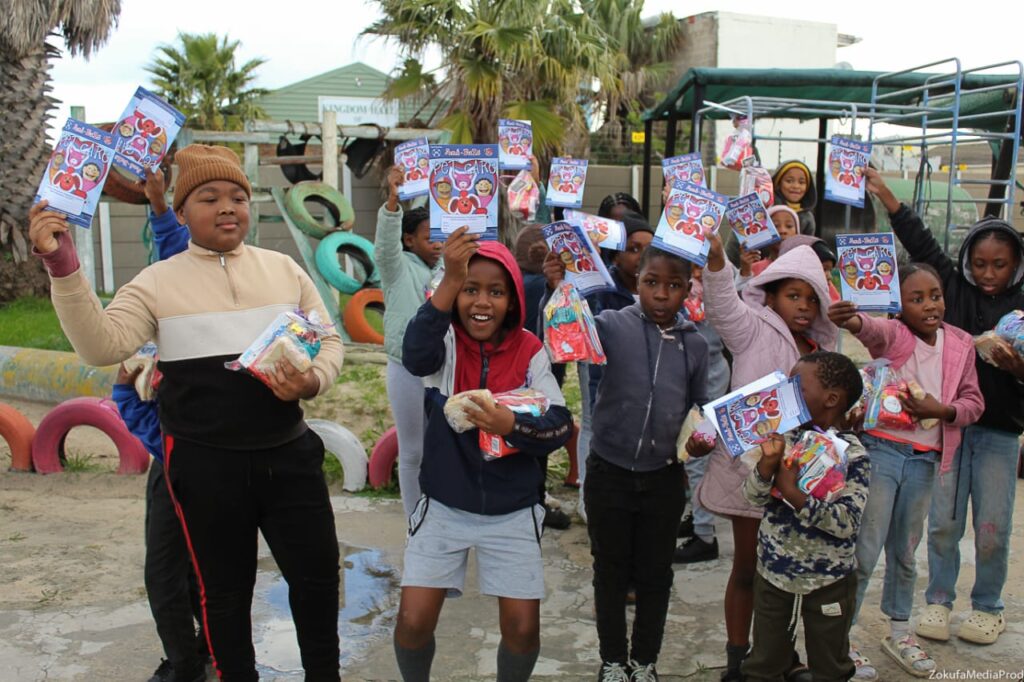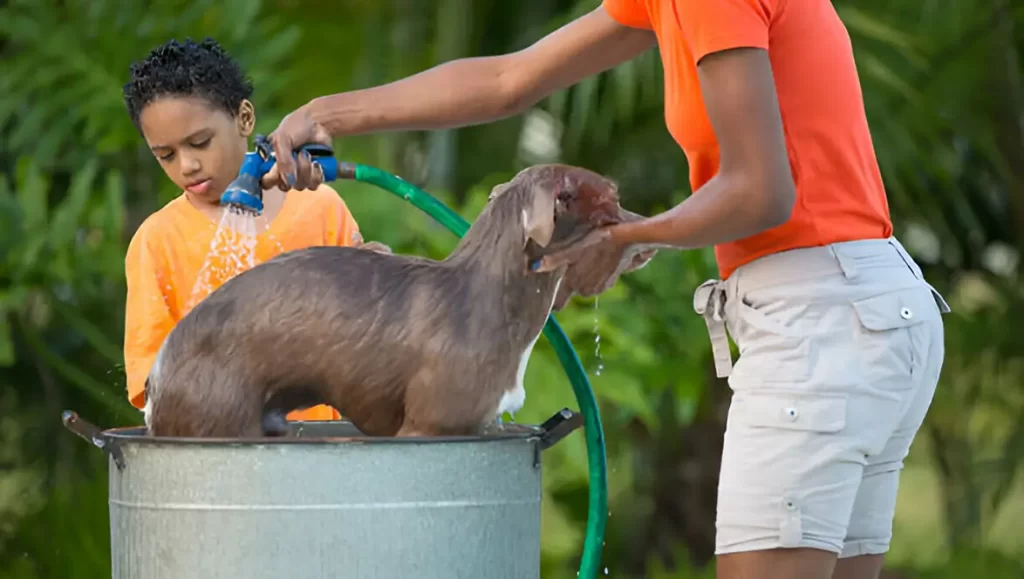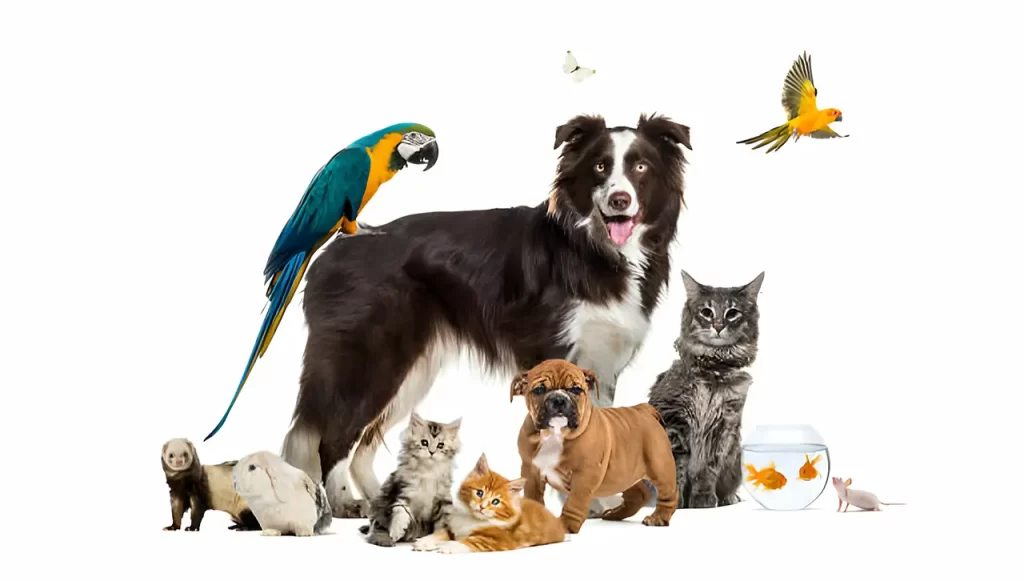Thousands of seabirds and sea turtles, seals, and other marine mammals are killed each year after ingesting plastic or getting entangled in it.
The ocean is perhaps the most vulnerable environment to plastic waste. It is estimated that plastic pollution kills 100,000 marine mammals every year due to being tangled.
Marine mammals are entangled in a variety of materials, such as fishing gear, rope, and plastic bags. They may drown or starve because they are restricted by fishing gear, or they may suffer physical trauma rates on seals.
With increased human activity along coastlines during the summer months, sightings of entangled marine animals increase on our coastlines.
We have to do everything we can to tackle plastic pollution on our coastline. We need urgent action to address the global plastic pollution epidemic. The problem is growing into a crisis.
Here are a few tips to play our part in saving our sea animals:
Reduce plastic use: We have the power as consumers to reduce the demand. Several companies have started getting rid of plastic use – and already making an impact. There are many alternatives to plastic products available now. It is also important to encourage family and friends to do the same, the more good we can do to keep the ocean clean and safe the better.
Carry reusable items to the ocean: Carrying a few reusable essentials with you (such as bags, bottles, cups, straws and even take-out containers) is not only more planet-friendly but is also part of taking action in caring for our marine mammals.
Recycle when possible: Plastic pollution is one of the greatest threats to ocean health worldwide. Unfortunately, our seas and oceans are under threat due to the great amount of waste materials that end up in them, causing irreversible pollution and other harm to the species that inhabit them. Recycling from time to time is one of the easiest steps we can take to protect our seas and oceans. Recycle what is possible and make sure the rest is properly disposed of.
Say no to plastic straw: Since they are so lightweight, it’s easy for wind to blow them through the air and into the ocean. This can happen when straws are littered on or near a beach, and when the wind carries them out of uncovered trash cans or landfills and into the ocean. Replacing cheap and disposable plastic straws with reusable stainless steel, glass, or biodegradable paper alternatives is an easy way to cut down on plastic pollution.
Spread the word: Educate others on how you are playing your part. Share useful information, and offer practical and simple solutions for reducing plastic waste.



